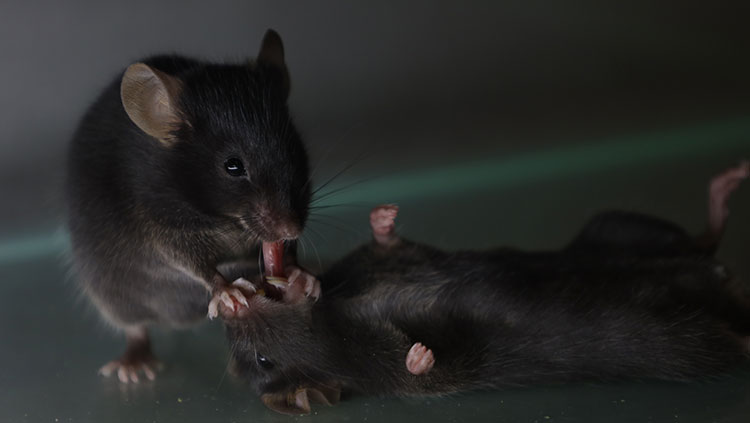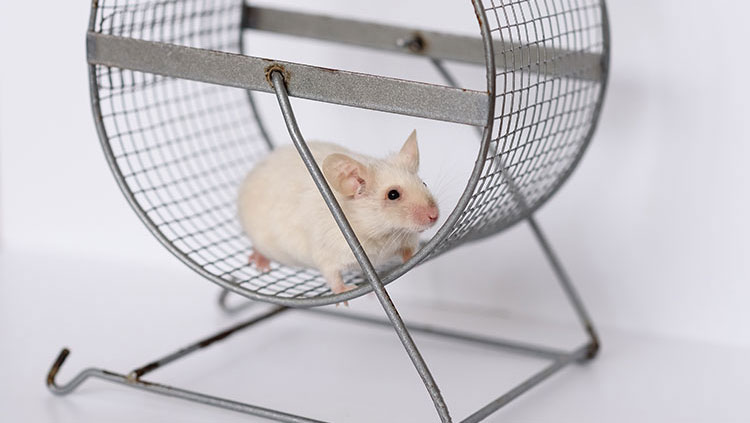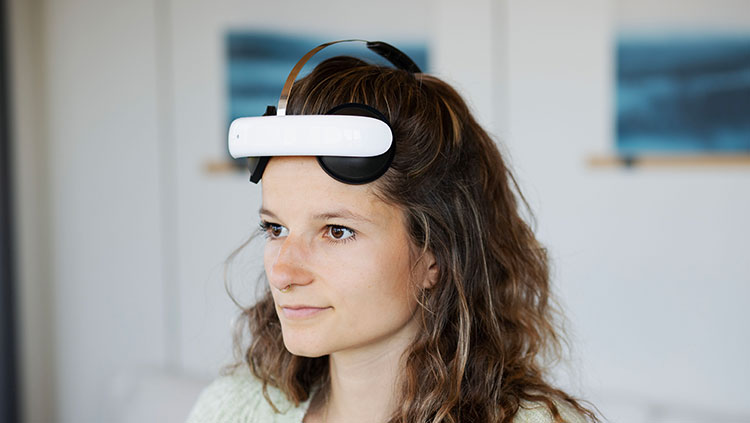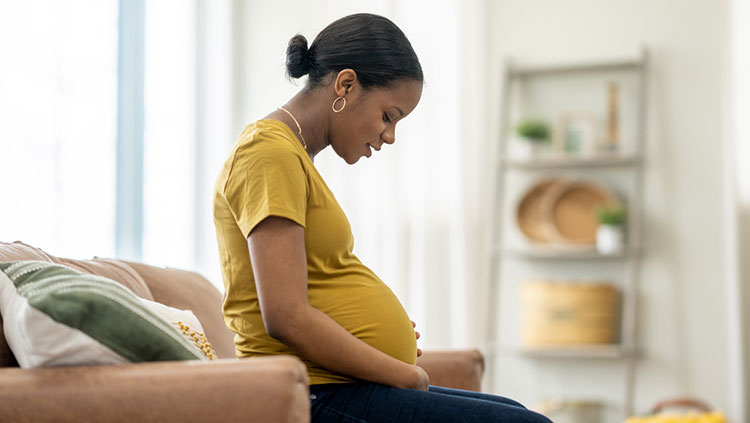ICYMI: Memory Study in Babies Hints at New Explanation for ‘Infantile Amnesia’
- Published10 Apr 2025
- Author Bella Isaacs-Thomas
- Source BrainFacts/SfN
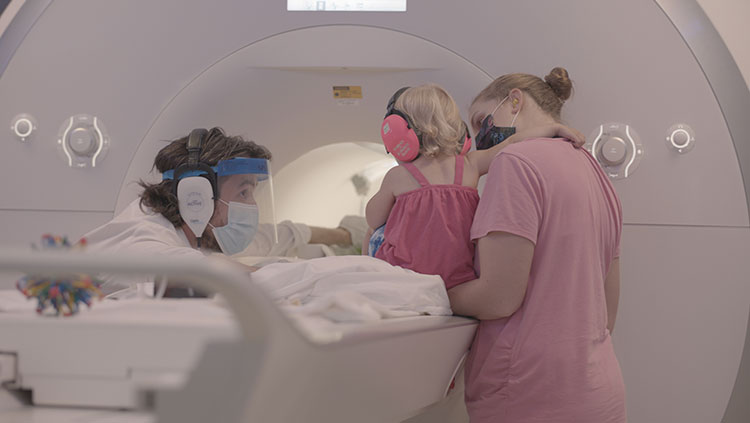
Most of us lack any true memories from our own babyhood, or even from our early childhood. In a new study, researchers suggest this incapacity to retrieve our earliest memories, or “infantile amnesia,” may not be caused by babies’ inability to form memories, but instead by adults’ inability to recall the memories they did in fact store during infancy.
Researchers observed the brains of infants between the ages of four and 25 months during a memory test using fMRI. Getting babies to sit still is a famously difficult task, but the researchers managed to make them comfortable enough to lay in the fMRI scanner and look at a series of images on a screen. At the same time, they measured brain activity in the infants’ hippocampi. Among babies older than a year, they found the level of hippocampal activity during the first viewing of an image corresponded to the amount of time the infants spent looking at the same image a second time. This suggests the hippocampus — crucial for memory formation among adults — plays a role in encoding infants’ abilities to form episodic memories, or memories pertaining to specific past events, earlier in development than previously thought.
Big Picture: Scientists still don’t know how long memories last among infants, or why those memories are inaccessible to people in adulthood. For the next installment of their research, this team is working with parents who are regularly recording videos from the perspective of their kids. The researchers will later show those videos to the child participants to determine whether they can tell which clips are from their own lives or from that of another child, according to Science.
Read More: ‘Pioneering’ study scans babies’ brains as they form memories. Science
More Top Stories
- A novel brain scanning method for detecting brain lesions could help guide surgical intervention for treatment-resistant epilepsy patients. The Guardian
- Myelin — the fatty substance insulating axons — may temporarily deplete in some brain regions when people run marathons as their bodies use it as an energy source. Nature
- Brain scans among parakeets revealed they have a unique map of vocal sounds for birds, mirroring key speech regions found in the human brain. New Scientist
- In parents, raising higher numbers of children appears to boost synchronized activity between brain regions associated with inferring other people’s thoughts. Science News
- The results of a recent clinical trial suggest the psychedelic compound psilocybin could help treat phantom limb pain among amputees. Axios
- An AI model trained on 100 hours of real-life conversations can accurately predict human brain activity while talking. Live Science
- A new neuroscientific model aims to explain why people may have vivid mental experiences during a near death experience. Scientific American
- An imbalanced brain pathway involving the amino acid tryptophan, which the body uses to make serotonin, may contribute to higher depression rates among teen girls compared to teen boys. BBC Science Focus
CONTENT PROVIDED BY
BrainFacts/SfN
References
What to Read Next
Also In Neuroscience in the News
Trending
Popular articles on BrainFacts.org


.jpg)
